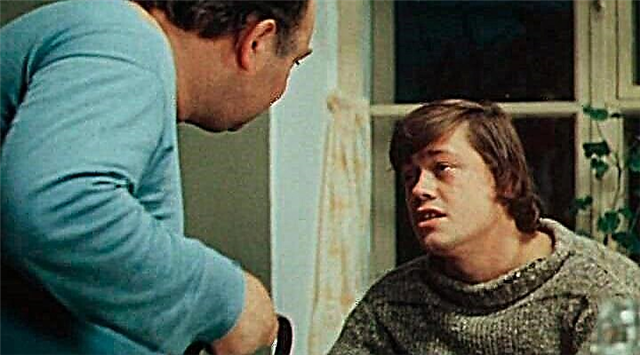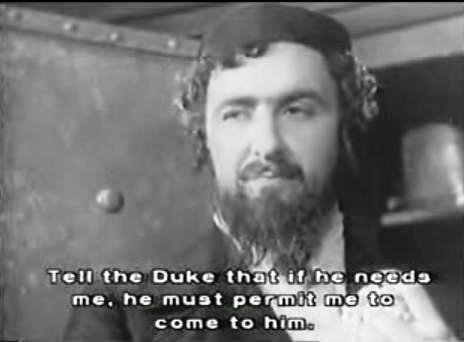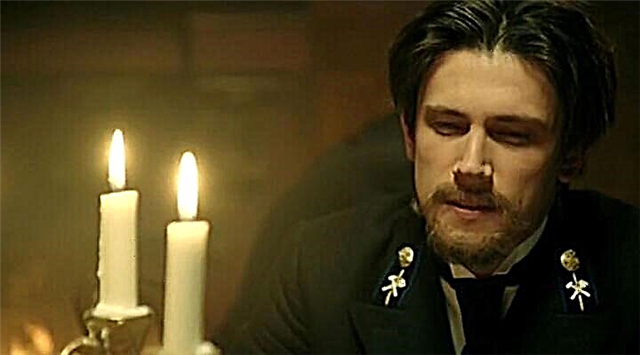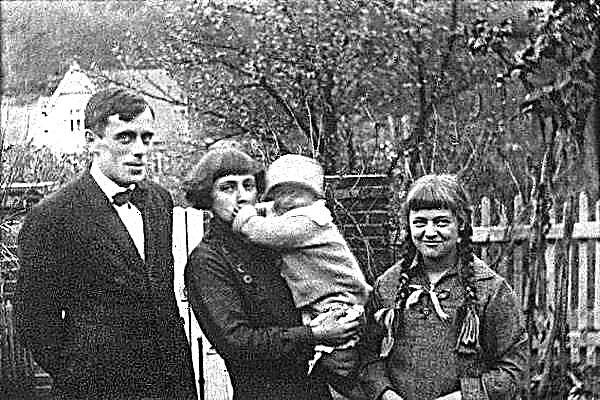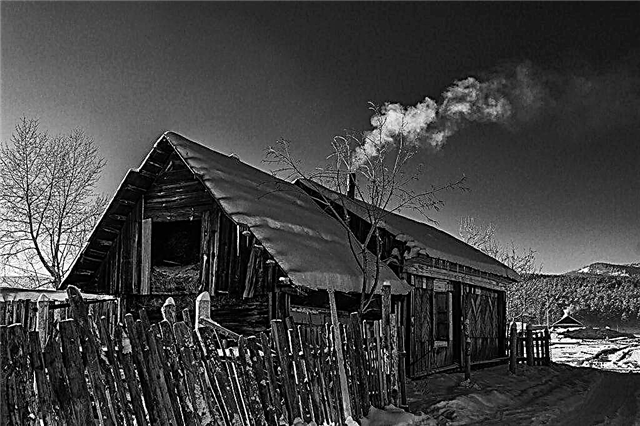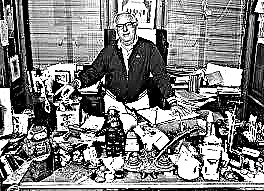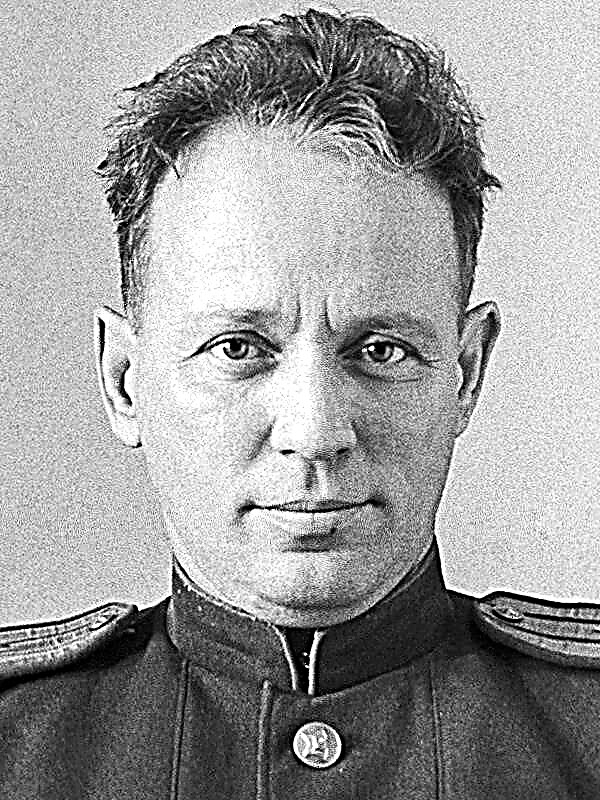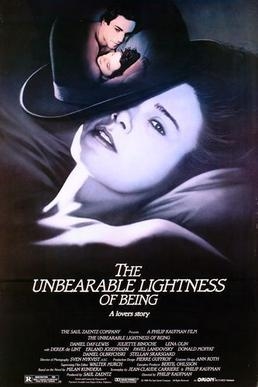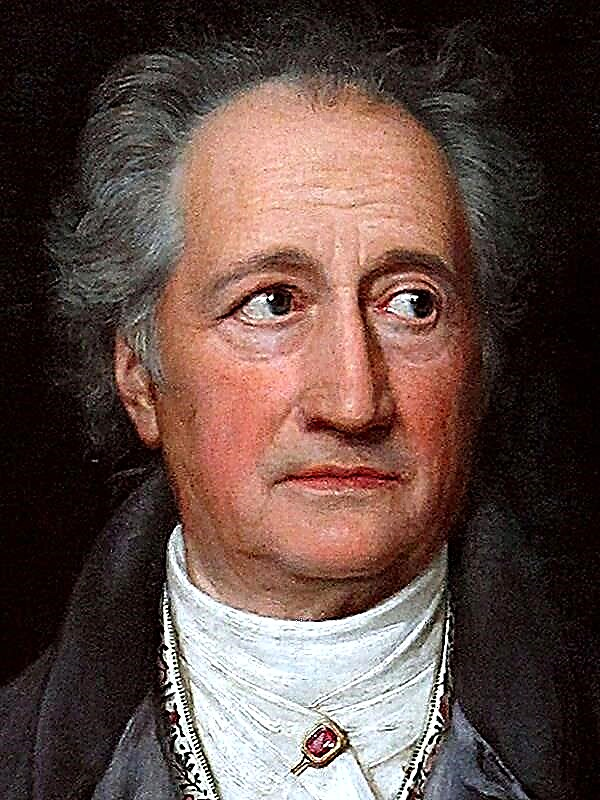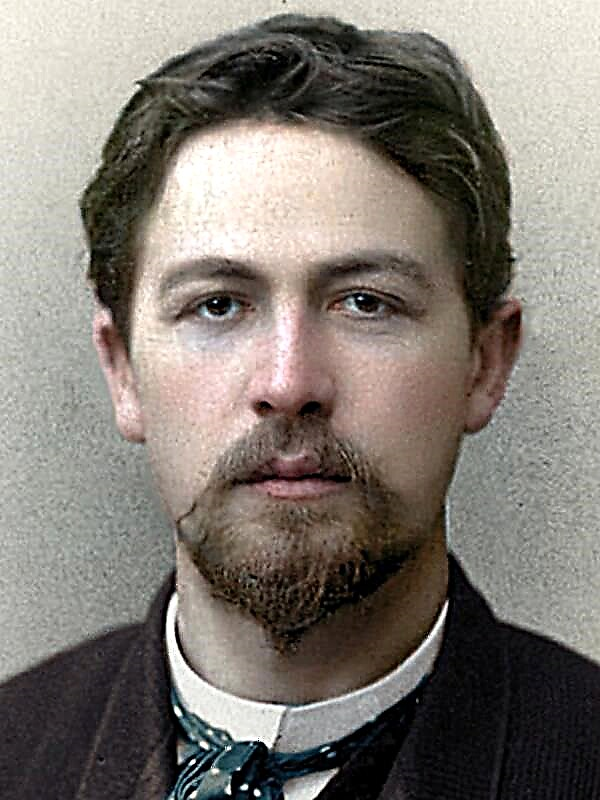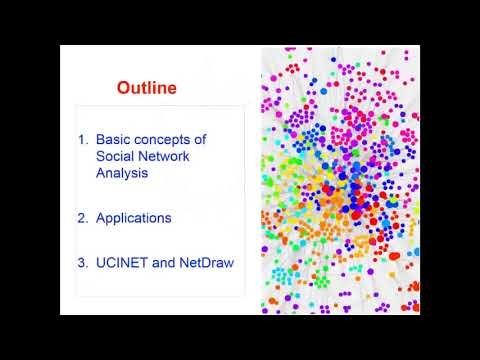(368 words) Roman B. L. Pasternak “Doctor Zhivago” tells us about the fate of the Russian doctor and intellectual Yuri Zhivago, who was not lucky enough to live during the breakdown of the old world and the establishment of new laws of life. Through the fate of an individual, the writer reveals his own view of the significance and consequences of the revolution.
The main character himself spent a lot of time on the fronts of the First World War. He was happily married and not afraid for his future. But war and revolution radically changed the life of the Zhivago family. Returning from the front, the protagonist sees the desperate situation of his loved ones in cold revolutionary Moscow, but he can not do anything about it. From this moment, even the name of the novel acquires an ironic meaning, because after the revolution, Dr. Zhivago never worked by vocation. Yuri turns into a limp doll in the hands of circumstances. He is afraid to make decisions, cannot find a job. His family managed to survive only thanks to outside help. That is how Pasternak portrays before the reader the fate of an individual in times of historical cataclysms. The stupid and talented Zhivago is simply trying to survive in this cruel world, but his hopes for a peaceful life with his family fail. Yuri is taken to a partisan detachment, forever being separated from his wife and children. At this moment, Pasternak speaks about the revolution already on a larger scale. He draws before us the image of Pamifil Palykh - one of the many peasants who fought on the side of the Bolsheviks. This embittered man of all members of the upper class killed a huge number of people. When the partisan detachment is close to defeat, Palykh goes crazy, fearing that his family will suffer the same fate as his victims. In the end, having killed his wife and children, he finally loses his human appearance and goes into the taiga. Thus, the writer wanted to say that the revolutionary struggle often awakens the worst in people, turning them into animals. At the end of the novel, we are faced with the finally descending protagonist. Yuri does not write poetry, lives a philistine life with the girl Marina, does not seek either work or family. After the end of the civil war, the hero found himself in a new world for himself, and, being unable to accept it, he preferred to sink to the bottom of life and wait for death, which soon overtook him.
According to Pasternak, a revolution, with all its historical significance, is most often fatal to an individual. By actively creating a new world, it destroys the old one and destroys everyone who was associated with it.

